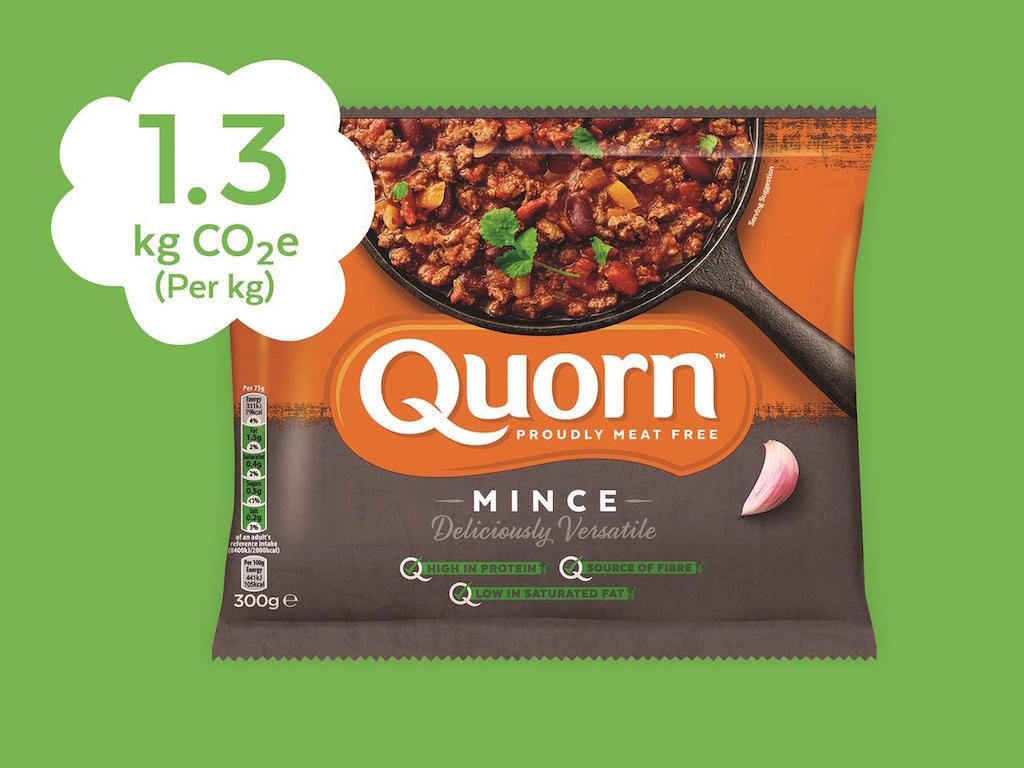3 Mins Read
Consumers are searching for tech-forward innovations and environmental footprint labels on products to help them adapt to a sustainable lifestyle, a recent survey shows. Among some of the digital solutions cited as helpful include apps that help shoppers make greener purchasing decisions and platforms measuring personal carbon footprints, while government legislation to push businesses to show the climate impact of their products were also listed as measures that would support sustainable lifestyle changes.
A recent survey commissioned by Dorset-based tech-for-good app developer 3 Sided Cube suggests that the majority of the public are looking for digital apps, business and government action to help support sustainable lifestyle changes. The poll, based in the U.K. and conducted in December 2020, found more than three-quarters (77%) of the British public acknowledged the need to shift to greener habits, and centred on the key measures that would help them adapt their behaviour.
It found that many consumers are now looking for novel technologies to provide them with support on their journey, with nearly two-thirds (61%) citing apps that help them make sustainable buying choices as a useful tool to have in their pockets. Overall, more than half of those surveyed described technology as “crucial” in enabling more sustainable lifestyle choices.

Read about all the newest sustainability apps here.
These findings show a clear case for the use of technology, specifically apps, to boost sustainable behaviour change and environmental protection initiatives.
Rich Strachan, Managing Director, 3 Sided Cube
Some of the other popular concepts that respondents highlighted include platforms that help them responsibly dispose of plastic waste (62%), those promoting more efficient energy consumption (57%) and apps that measure our individual and household carbon footprint (50%).
Commenting on the findings, 3 Sided Cube managing director Rich Strachan said: “These findings show a clear case for the use of technology, specifically apps, to boost sustainable behaviour change and environmental protection initiatives.”
“The technological tools to help consumers be greener are available to us, we just need to start developing and using them as soon as possible,” Strachan added.
Consumers also pointed to the need for businesses to take greater responsibility over their environmental impact, with nearly three-quarters (73%) stating that companies should be morally accountable for their actions to minimise their footprint. They also emphasised measures that governments could take in promoting change, with just under two-thirds of the cohort (64%) saying legislation should be introduced to require products to display its environmental footprint.

“While consumers are increasingly aware of their own responsibility to be of their own responsibilities to be greener, they haven’t forgotten about the responsibilities of businesses and the government,” wrote the analysts in the research summary. “All three need to be on board if we are going to succeed in building a more sustainable society.”
While consumers are increasingly aware of their own responsibility to be of their own responsibilities to be greener, they haven’t forgotten about the responsibilities of businesses and the government.
3 Sided Cube
It’s a measure that experts have also begun to call for in recent months, with a group of public health professionals in the U.K. recommending in April 2020 that smoking-style graphic imagery be placed on high-carbon products that are damaging to the climate, such as petrol pumps, plane tickets and energy bills.
Another report by British health alliance body UKHACC suggested that new food labelling policies on high-emissions meat and dairy products need to be introduced to decarbonise an often-forgotten industry – the food system. Though still a novel concept, a number of companies are now beginning to adopt food carbon labels, including Flora parent company Upfield, U.S. fast casual restaurant chain Just Salad and legacy meatless brand Quorn.
Lead image courtesy of Unsplash.




